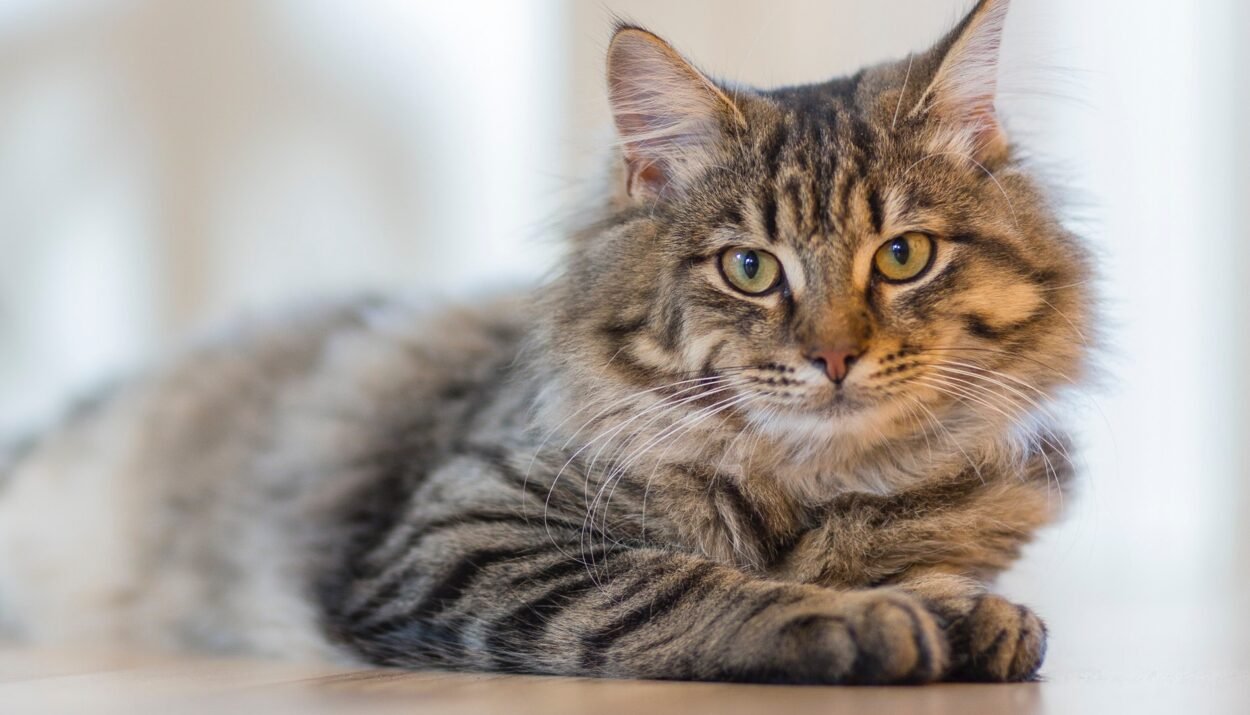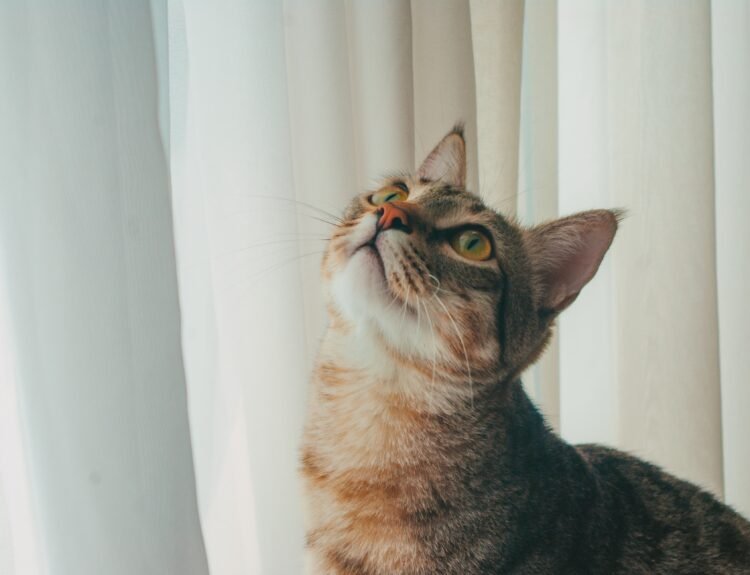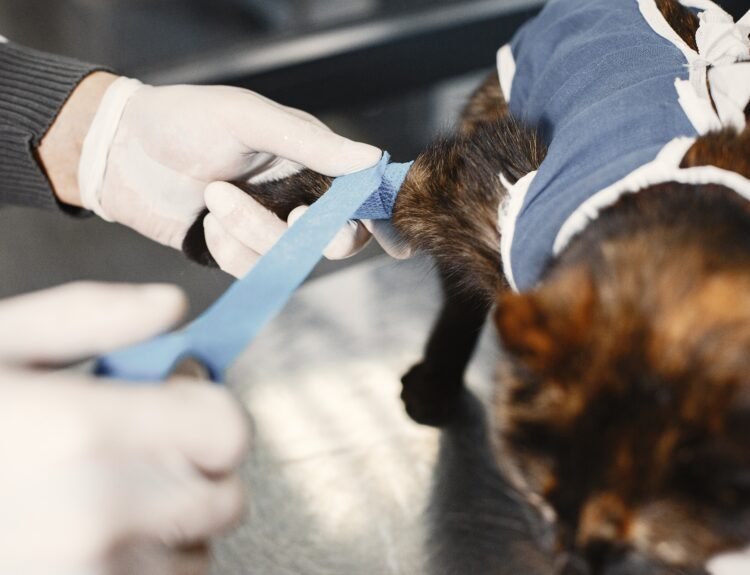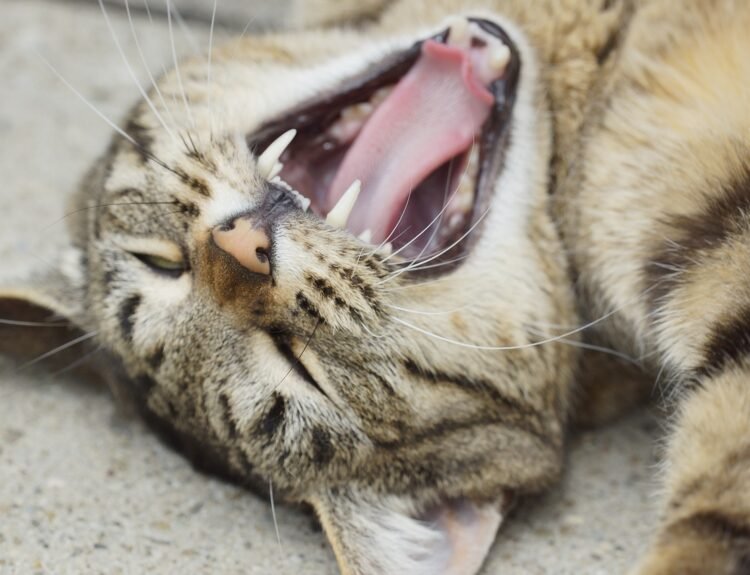Cats are well-known for their beautiful, lustrous coats. However, various health issues can lead to coat problems, deteriorating their shine and health. Some common issues include hair loss, matting, dullness, and change in color. These can be symptoms of underlying problems such as skin allergies, parasites, poor nutrition, and systemic diseases. Regular grooming and a balanced diet can help prevent many coat-related issues. PetMD provides a detailed guide to various coat problems in cats, their possible causes, and recommended treatments. Consulting a veterinarian is also crucial if your cat experiences significant changes in their coat’s condition, as this can indicate serious health complications. With proper care and attention, you can maintain your cat’s coat at its best and enhance their overall health.
Common Coat Problems in Cats
Cats can exhibit a variety of coat problems, including dull fur, hair loss, matting, and skin irritation. Dull, flaky fur can signal inadequate nutrition or internal disease. Cats suffering from allergies, stress, or parasitic infections often lose fur in patches. Long-haired felines can experience severe matting if not groomed properly, causing discomfort and skin issues. Cases of excessive scratching or redness may indicate a skin condition underneath the coat. It’s critical to consult a vet for a correct diagnosis and best treatment plan for your cat’s specific coat problem.
Potential Causes of Coat Issues in Cats
Coat problems in cats can be caused by a variety of factors. Nutritional deficiencies, specifically low levels of essential fatty acids and certain vitamins, can lead to dry, flaky, and dull fur. Moreover, parasitic infections from fleas or mites, fungal/bacterial infections, allergies, and dermatitis can also lead to coat issues. Environmental factors like exposure to harsh chemicals or extreme weather conditions may similarly affect a cat’s coat. Underlying health issues, such as hormonal imbalances, kidney and liver disorders, or diabetes can cause coat changes too. Lastly, poor grooming habits can result in matting and dullness.
Preventive Measures for Coat Problems in Cats
Essential aspects of maintaining your cat’s coat health include regular grooming, a balanced diet, and regular check-ups. Consistent grooming not only keeps the coat shiny and untangled but also provides an opportunity to identify any unusual changes, such as bald patches or skin irritations. Feeding your cat a diet rich in nutrients supports the overall health and quality of their coat. Regular vet visits can help identify any potential internal causes of coat issues, like thyroid problems or allergies. Preventive care is crucial in ensuring your cat’s coat remains healthy, vibrant and issues are caught early. Also, remember to maintain current on vaccinations and keep your cat adequately hydrated.
The Role of Diet in Coat Health
A balanced diet plays a significant role in maintaining the health of a cat’s coat. Diet deficiencies, especially the lack of essential fatty acids, can lead to dull coats, excessive shedding, and even skin infections. Foods rich in Omega-3 and Omega-6 fatty acids can promote a glossy, healthy coat. Vitamins A, E, and biotin also assist in skin replenishment and contribute to a cat’s shiny fur. Additionally, a well-hydrated cat tends to have a healthier coat, as water assists in flushing out toxins. Apart from influencing coat health, a good diet boosts the cat’s overall wellbeing.
Consulting with a Veterinarian
If your feline friend is experiencing coat problems, it’s essential to consult a veterinarian. Veterinarians can provide a professional diagnosis and propose an effective treatment plan suited to your cat’s specific needs. They can identify various issues such as skin disorders, allergies, nutritional deficiencies, or external parasites that may be causing the dull, matted, or thinning fur. Regular check-ups can also help detect early signs of possible coat concerns. Always seek expert advice to ensure your cat’s comfort and health.
Maintaining the Overall Health of Your Cat
To prevent coat problems in cats, ensuring the overall health of your pet is crucial. This involves providing a balanced diet, enriched with essential nutrients for a shiny, healthy coat. Regular grooming also assists in minimizing coat problems. It’s also important to schedule routine veterinary check-ups to detect and treat any potential skin diseases early. Grooming procedures include regular brushing, ensuring regular exercise for weight control, and managing allergies that could affect the cat’s fur quality. Regular flea and tick treatments are equally necessary steps to maintaining the overall health of your cat.






